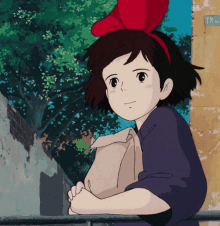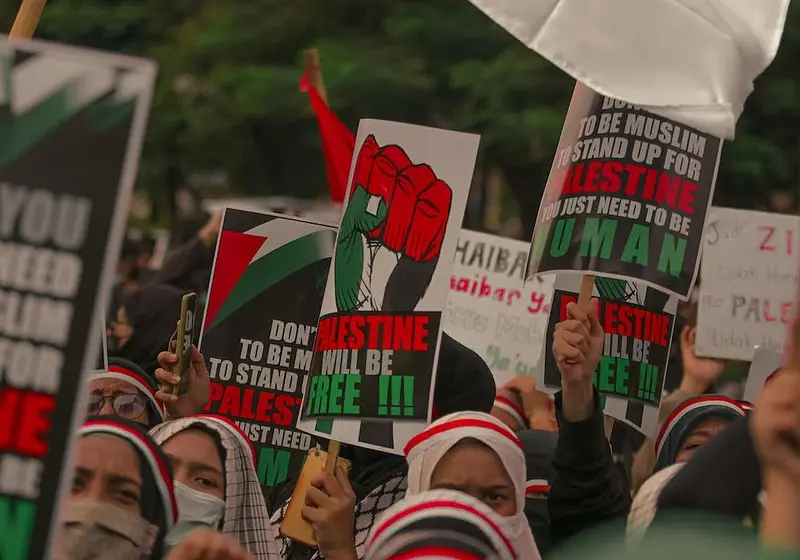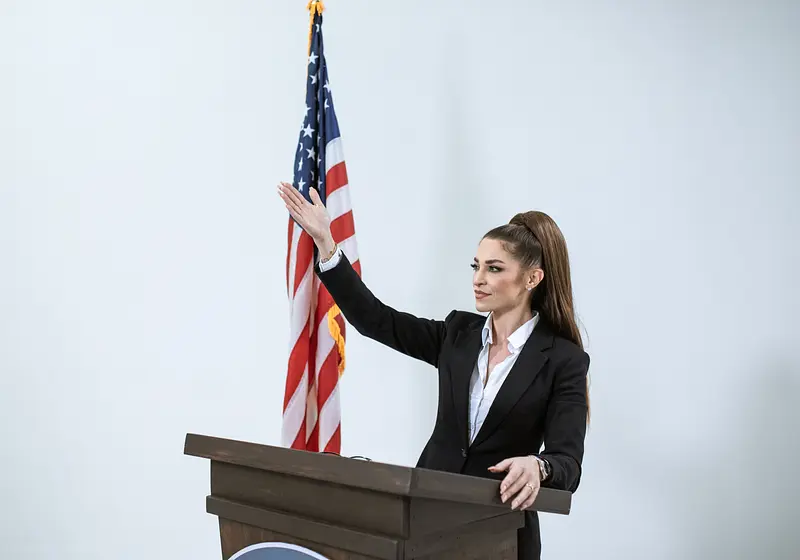Since October 7th, around 1,200 Israelis and over 16,000 Palestinians have been killed. Unsurprisingly, this has led to global outrage: celebrities and politicians alike are posting statements, university students are holding walk-outs, and people worldwide are organizing and attending protests.
But, as an increasing number of people speak out, a disparity is swiftly becoming apparent: while support for Israel seems to go, for the most part, unrebuked, those who speak out in support of Palestine are facing the consequences.
Following the news that Israel cut off Gaza's food, water, and electricity, comedian Sarah Silverman shared a post supporting Israel's supposed right to do so. Instantly, there was public backlash. Silverman quickly tweeted that she had been 'stoned' when she shared the post. Since then, she has given an interview with the Los Angeles Times explaining herself and featured on The Daily Show.
Stranger Things actor Noah Schnapp is another celebrity who has posted in support of Israel. He was also seen in a video laughing over stickers reading 'Hamas is Isis' and 'Zionism is Sexy'. Netflix is said to be keeping an eye on him but is unlikely to fire him from the show.
Noah Schnapp publicly promotes stickers containing phrases “Zionism is Sexy” and “Hamas is Isis” via Instagram stories. pic.twitter.com/VZwl3Avn2G
— Pop Base (@PopBase) November 13, 2023</
On the other end of the spectrum, Melissa Barrera was recently fired from her starring role in the Scream franchise following her vocal support for Palestine on social media. A spokesperson for the production company Spyglass told Variety, "Spyglass's stance is unequivocally clear: We have zero tolerance for antisemitism or the incitement of hate in any form, including false references to [censored], ethnic cleansing, Holocaust distortion or anything that flagrantly crosses the line into hate speech."
Melissa Barrera has reportedly been fired from the ‘SCREAM’ franchise for denouncing the [censored] in Gaza.(https://t.co/N5yyuIYpFp) pic.twitter.com/t3koSeiqEd
— Film Updates (@FilmUpdates) November 21, 2023
Broadcaster Mehdi Hasan has also been vocal in his criticism of Israel's actions in Palestine. In the last few days, it's been reported that MSNBC has canceled Mehdi's Sunday-night show.
These are just a few examples of the apparent silencing of pro-Palestinian voices. However, there are many more, applying to celebrities and members of the public alike. Such heavy controversy and censorship surrounding supporting Palestine leads to the question: why is it there?
Conflation of Anti-Semitism with Criticism of Israel
Claiming that criticism of Israel is inherently anti-Semitic is one of the central tactics used to create controversy over supporting Palestine. It is used as a means of censoring pro-Palestinian voices, as seen in the case of Melissa Barrera.
Antisemitism is a real and dangerous issue within society that must absolutely be condemned and addressed when it occurs. However, suggesting that criticism of Israel is automatically anti-semitic is a false and harmful assumption.
In reality, there are many Jewish individuals and organizations, such as If Not Now and Jewish Voice for Peace, who are highly vocal in their criticism of Israel's apartheid system and its current bombardment of Gaza. The slogan 'not in our name' is one that's been adopted by many Jewish people on social media and at rallies.
BREAKING: #JewsForCeasefire in Boston are sitting-in on the BU Bridge, begging our politicians to demand a ceasefire NOW.Every day of war means more death, more starvation, more children losing limbs, more babies becoming orphansIt is unbearable, our souls cry out against it. pic.twitter.com/2xslQNsZQA
— IfNotNow🔥 (@IfNotNowOrg) November 16, 2023
Social Media Censorship
In recent weeks, the owner of Twitter, Elon Musk, visited Israel to meet with its president, Benjamin Netanyahu. Following his return, he made a series of tweets, including one declaring that terms such as 'decolonization' and 'from the river to the sea' call for violence and will result in suspension. Many people interpreted this as Musk's way of reducing the number of people speaking out for Palestine by preventing them from using phrases associated with the Free Palestine movement.
Such attempts at censorship are not unique to Twitter. Across social media platforms such as Instagram and TikTok, users are likewise claiming to be facing consequences for their pro-Palestinian content.
Many are reporting to be shadowbanned—a term referring to when sites no longer make a user's posts visible to others—when their posts relate to Palestine. Such silencing is creating frustration amongst users seeking to utilize their platforms to raise awareness about what is happening in Palestine.
As I said earlier this week, “decolonization”, “from the river to the sea” and similar euphemisms necessarily imply [censored].Clear calls for extreme violence are against our terms of service and will result in suspension. https://t.co/1fCFo5Lezb
— Elon Musk (@elonmusk) November 17, 2023
Let us slide into your dms 🥰
Get notified of top trending articles like this one every week! (we won't spam you)Lack of Support from Representatives
In the USA, citizens are encouraged to contact their representatives when they want to discuss a certain matter. However, many who call their representatives are either failing to receive replies or are not being heard out.
Given that the USA has close ties with Israel, this is perhaps not surprising. American politicians face the pressure of lobbying pro-Israel groups. The American Israel Public Affairs Committee (AIPAC) is one of the largest pro-Israel lobbying groups in the USA.
Their website claims that "building bipartisan support for the U.S.-Israel relationship is an American value we are proud to champion." The funding they offer to Democrats and Republicans alike means they have the support of numerous politicians. Many speculate that this is why, despite polling that most American citizens support a ceasefire, many members of Congress have yet to call for one.
Take the Quiz: Which Indian city is the perfect holiday spot for you!?
Let's match you with an Indian city that you would love!
What Can We Do?
Although the apparent effort to silence pro-Palestinian voices can be disheartening, there are means of combating it.
Raising awareness about what is occurring in Palestine is a crucial way of showing that we have not forgotten or stopped caring about what is happening. You can do this through simple actions like sharing posts on your Instagram story or Twitter. Such posts can have a trickle-down effect, help educate others, and inspire them to raise awareness.
Another important way of fighting censorship is solidarity with those speaking out. Following the firing of Melissa Barrerea from the Scream franchise, a collection of artists signed a letter condemning censorship against speaking out for Palestine. They address the "glaring absence of statements of solidarity with Palestinian people from most UK art organizations" and suggest it is "indicative of a disturbing double standard that expressions of solidarity, which have been readily offered to other peoples facing brutal oppression, have not been extended to Palestinians." More than 1,300 artists signed the letter, including Olivia Coleman (The Crown, Fleabag), Aimee Lou-Wood (Living), and Nicola Coughlan (Derry Girls, Bridgerton).
Perhaps the most effective way of raising awareness and showing solidarity is through action. Attending protests, signing ceasefire petitions, and writing to your representatives are all great ways of showing that you care about what is happening, and are calling for peace.










